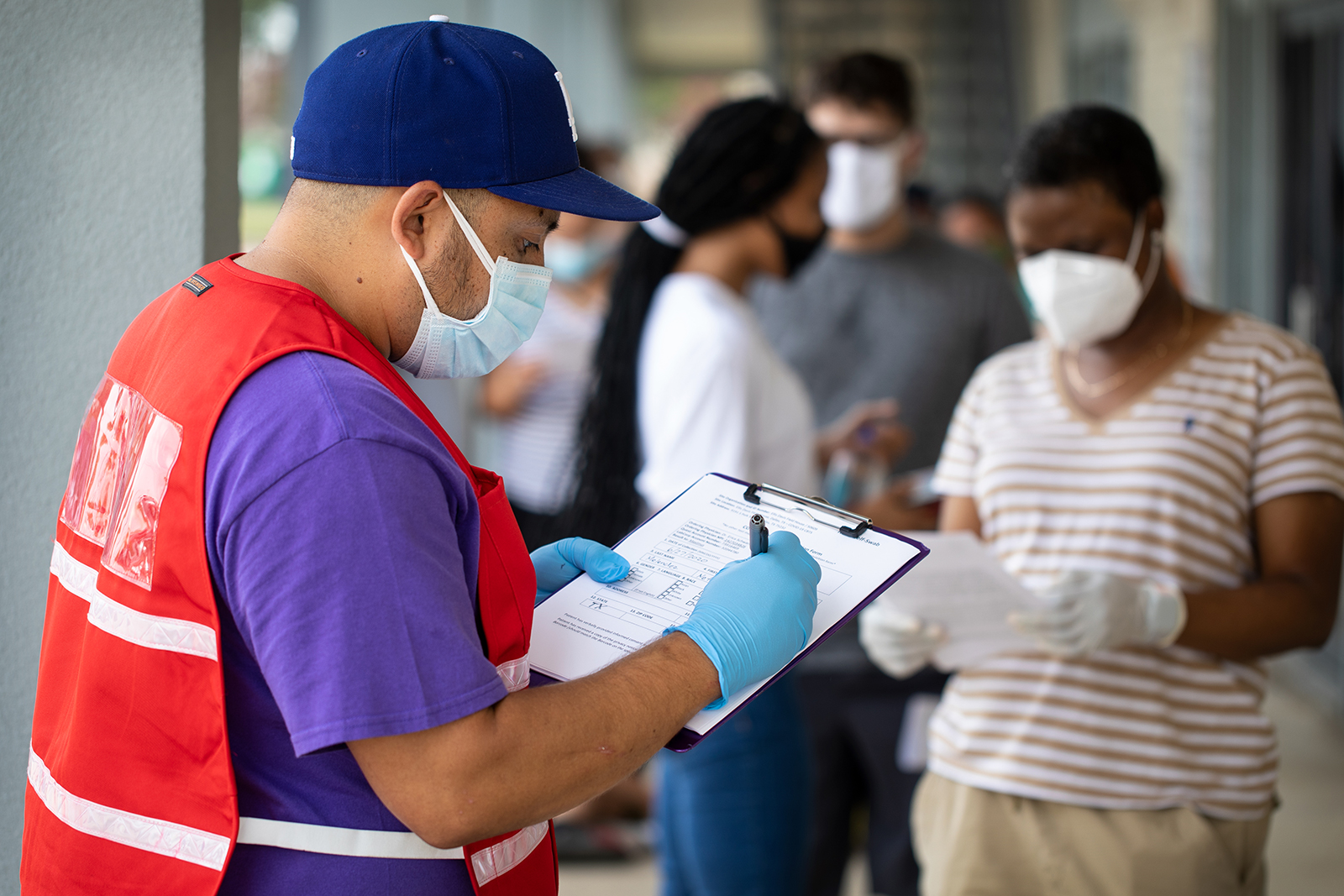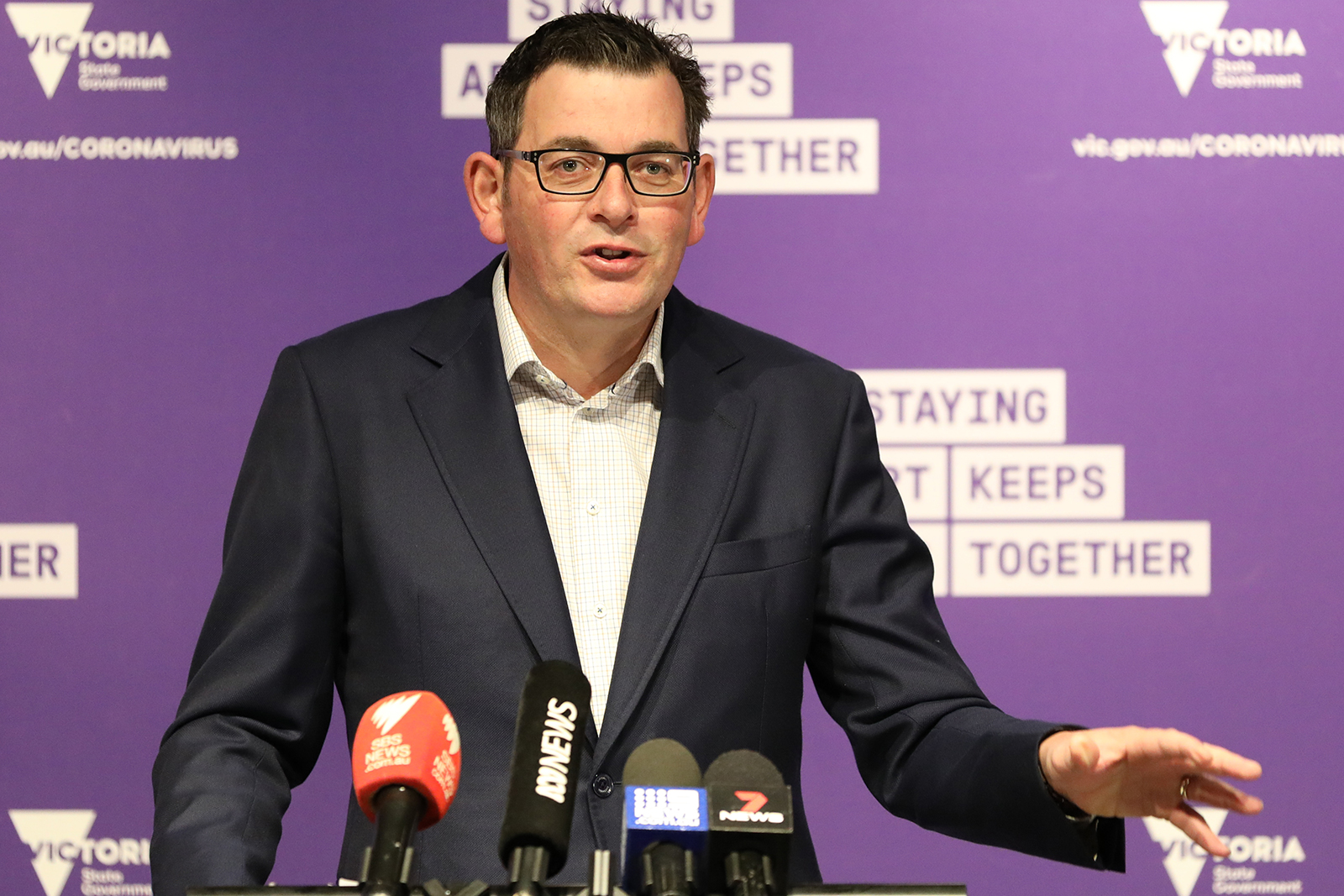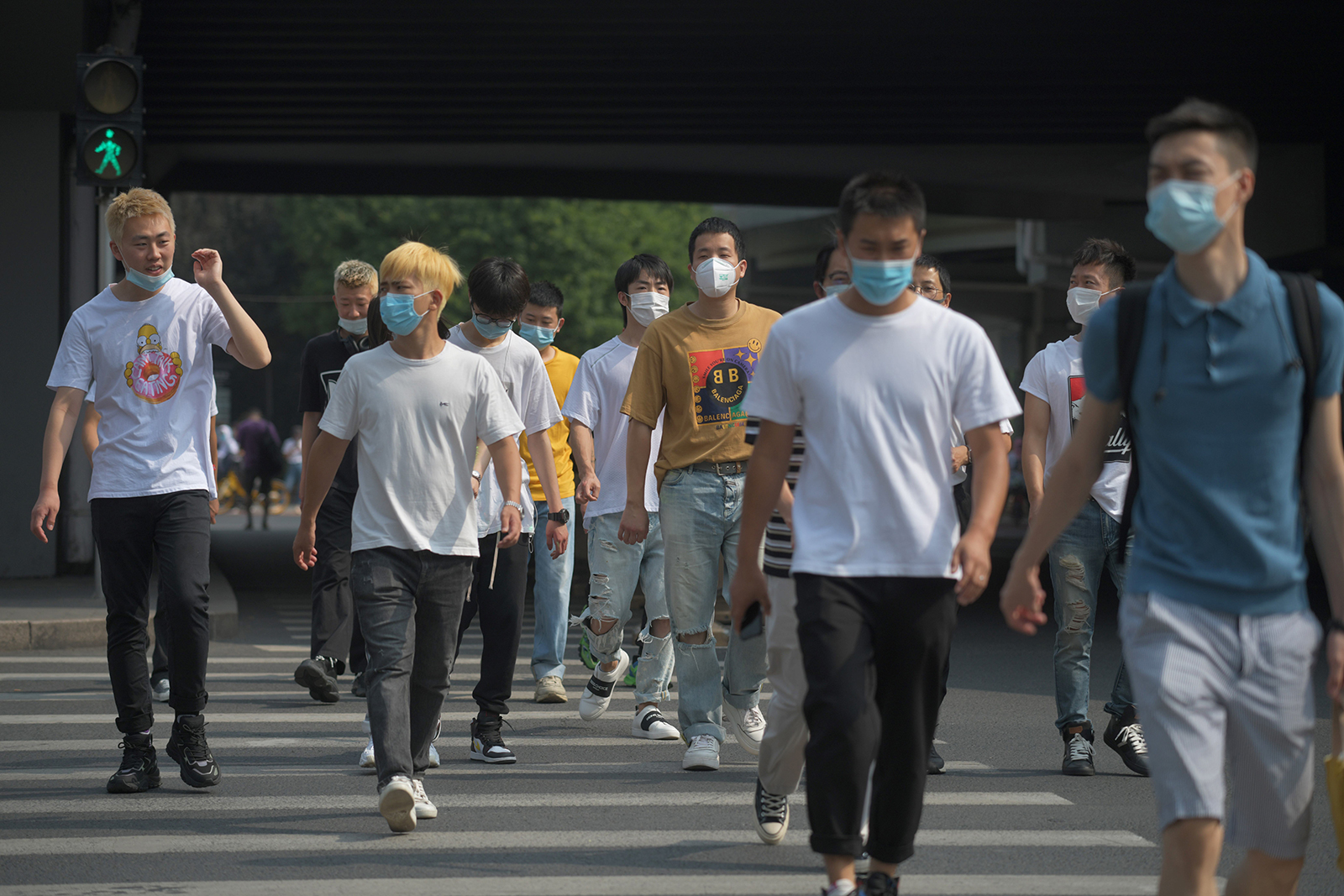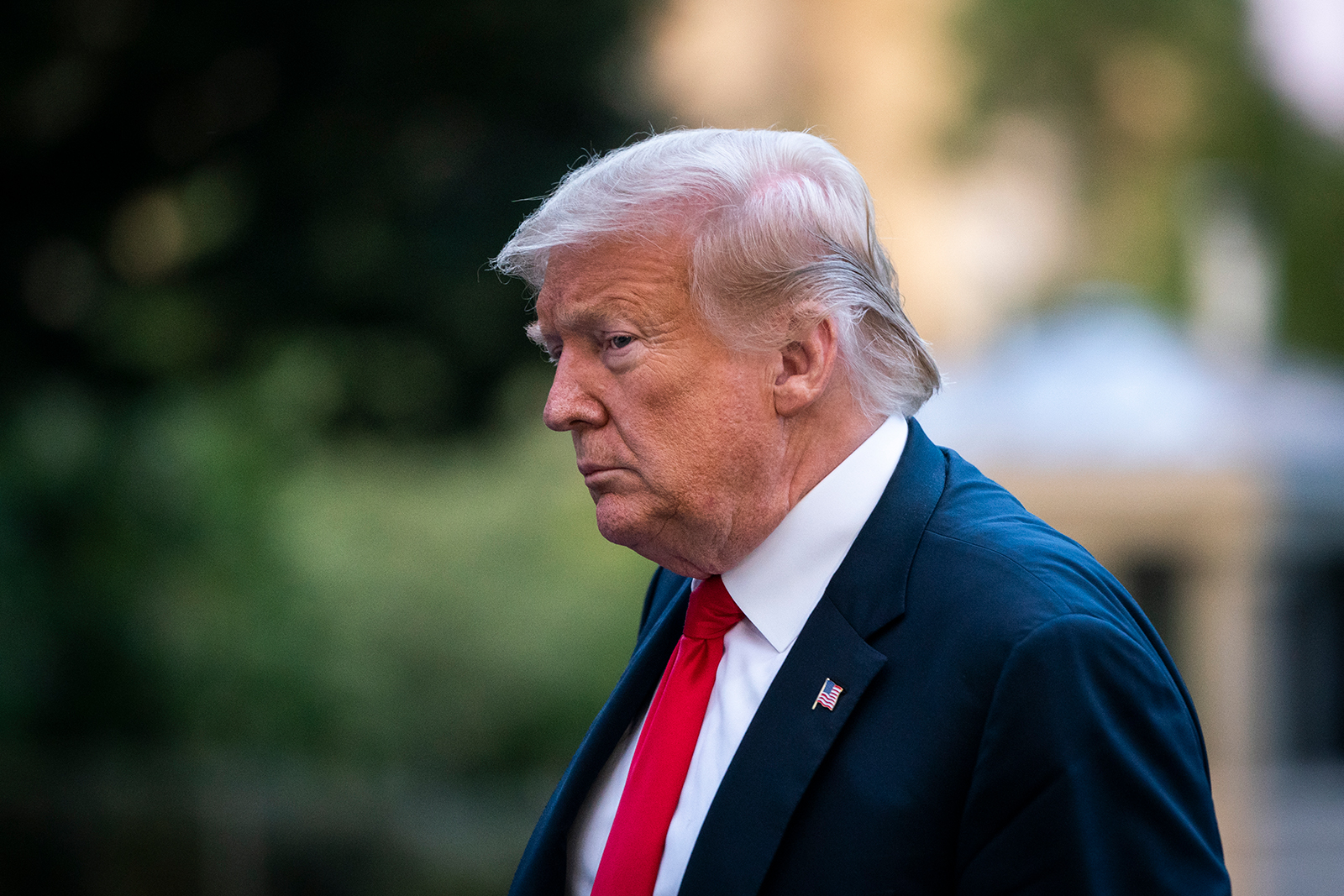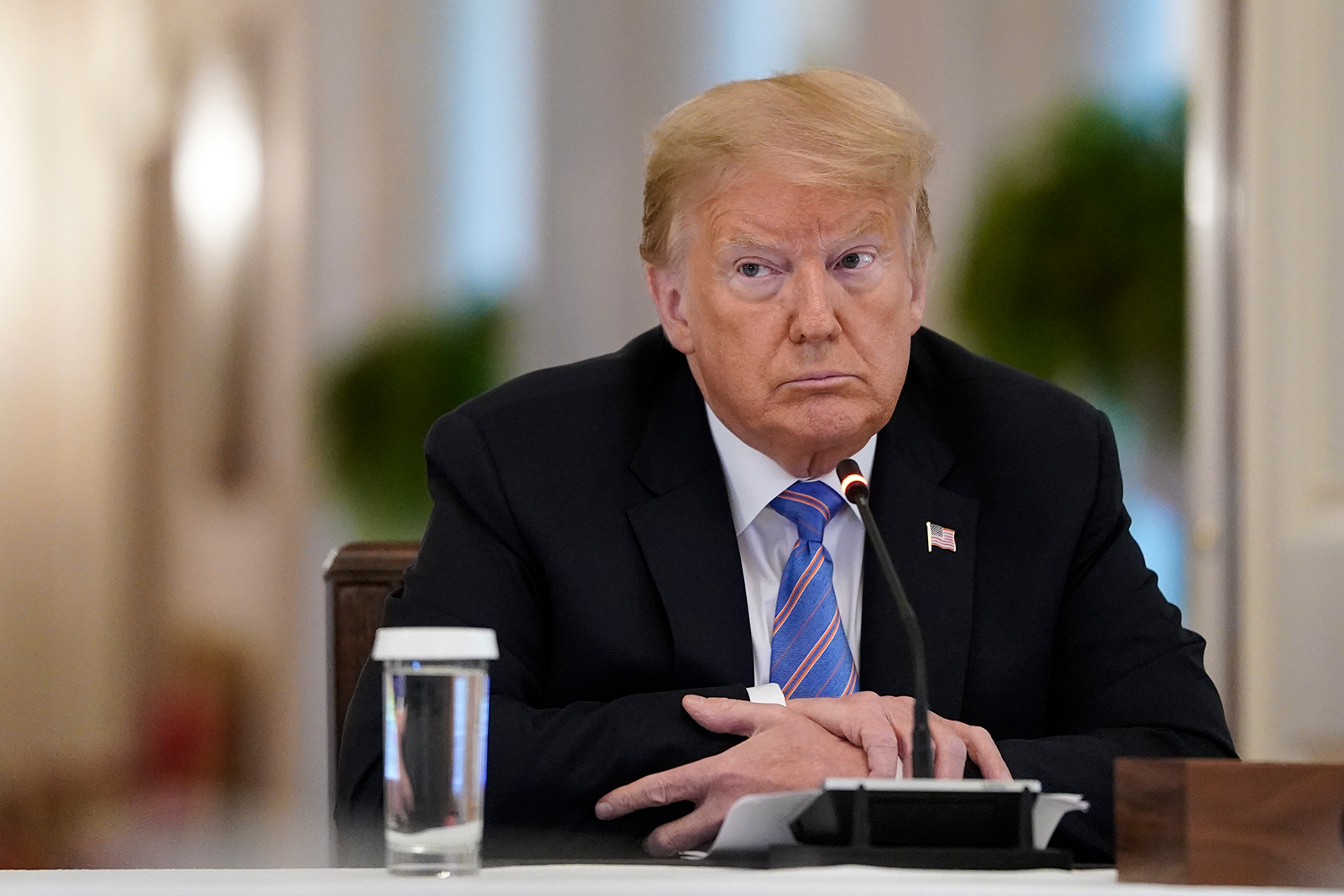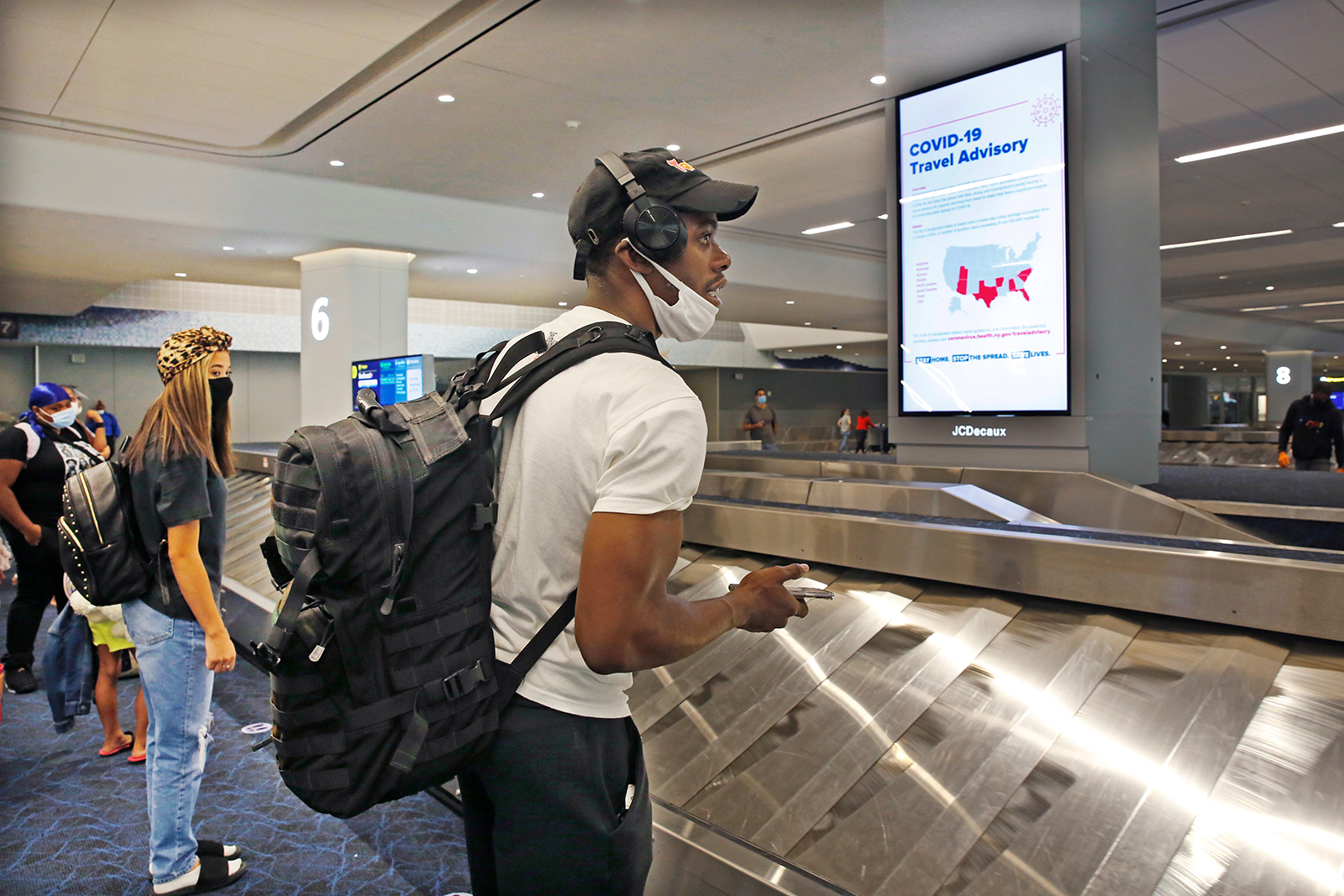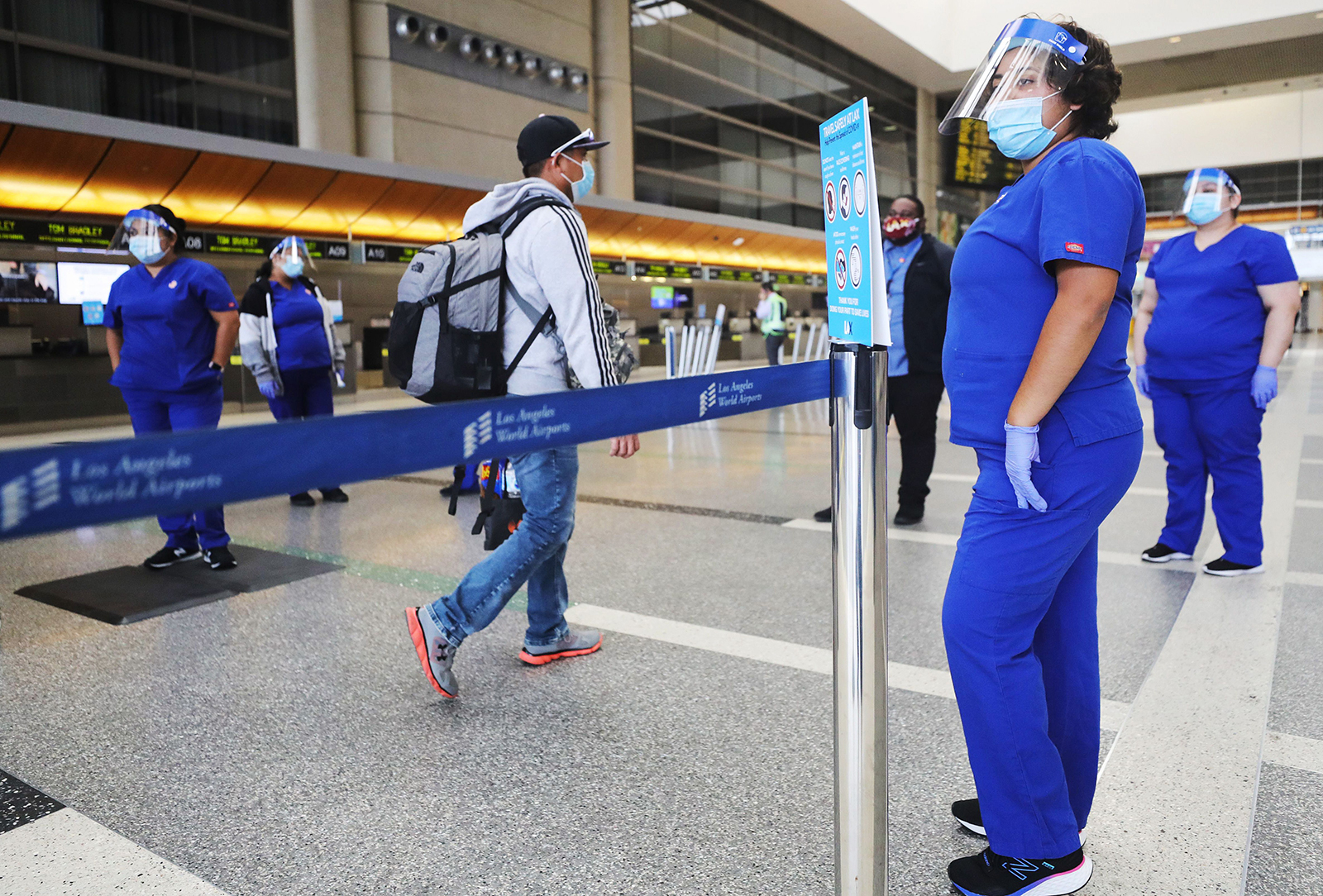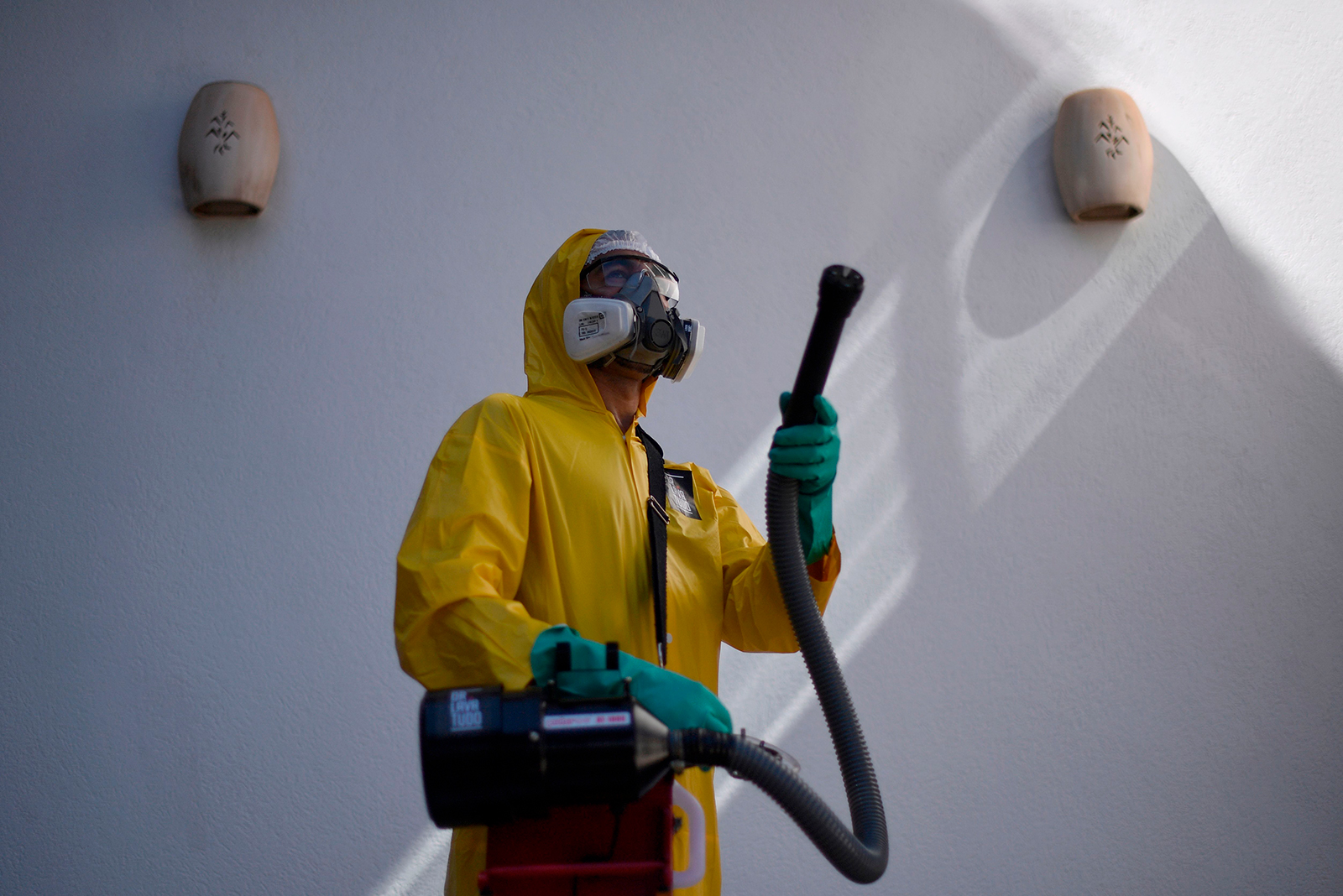A new 10,000-bed Covid-19 treatment facility is set to open in south Delhi this week.
It will be India's largest Covid-19 facility.
Starting Sunday, 2,000 beds will be operational, while the remaining 8,000 beds will come into use from Wednesday, according to the Delhi government.
India’s Home Minister Amit Shah and Delhi’s Chief Minister Arvind Kejriwal visited the facility Saturday.
“This 10,000-bed center would provide huge relief to the people of Delhi,” tweeted Shah on Saturday.
The Indo-Tibetan Border Police have taken over the facility and will oversee its administration and operations, confirmed the home minister.
"I applaud our courageous ITBP personnel, who would be operating this Covid care facility during these trying times. Their commitment to serve the nation and people of Delhi is unparalleled," Shah tweeted.
As of Sunday, Delhi has reported 80,188 coronavirus cases, including 2,558 deaths, according to India’s Health Ministry.
